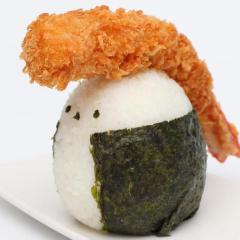-
Welcome to the eG Forums, a service of the eGullet Society for Culinary Arts & Letters. The Society is a 501(c)3 not-for-profit organization dedicated to the advancement of the culinary arts. These advertising-free forums are provided free of charge through donations from Society members. Anyone may read the forums, but to post you must create a free account.
Roasting vegetables/fruits vs other methods
-
Similar Content
-
Bergamot: Suggested fruits/vegetables to add to jams and marmalades that use bergamot, and any other ideas for using it.
By cteavin,
- 8 replies
- 942 views
-
- 726 replies
- 143,765 views
-
- 1 reply
- 2,389 views
-
- 47 replies
- 23,338 views
-
- 47 replies
- 23,338 views
-
-
Recently Browsing 0 members
- No registered users viewing this page.






Recommended Posts